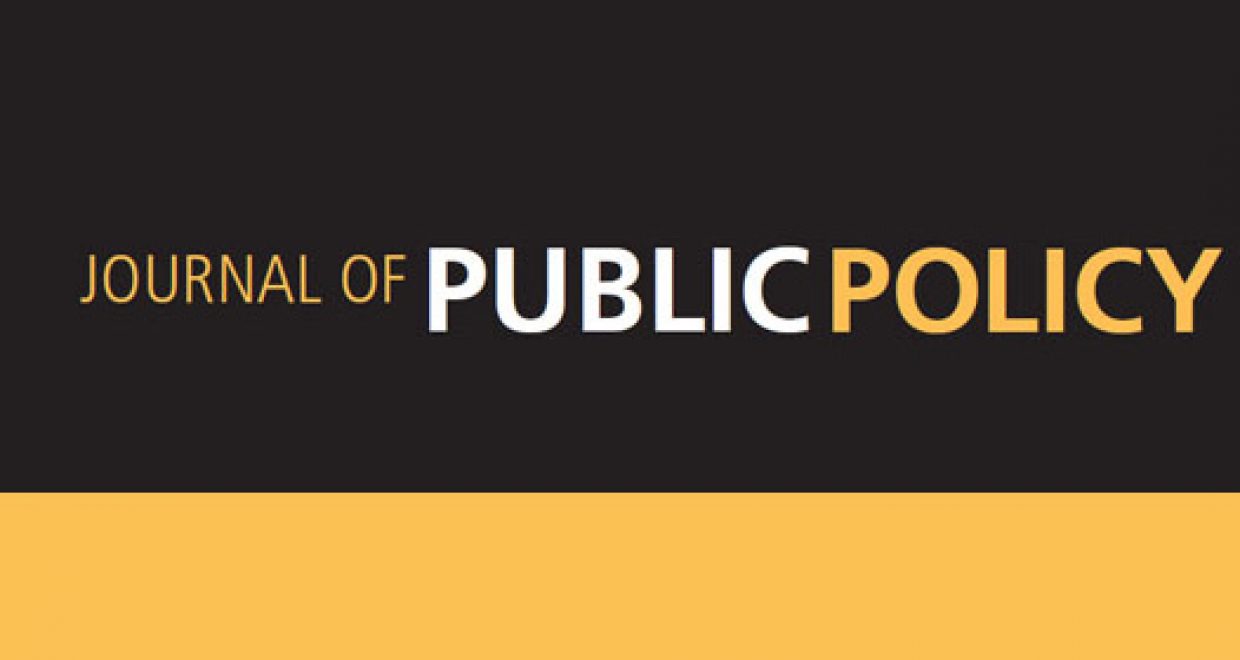Coping with the Unforeseen. Bounded Rationality and Bureaucratic responses to the Covid-19 crisis
Central aspects of governmental decision-making are veiled in secrecy. This explains why behavioral public administration has had so little to say about the behavior and decisions of top civil servants and political executives. However, unrestricted access to government files on the Danish government’s handling of the COVID-19-crisis in early 2020 has allowed us to exceed these limits and conduct an in-depth analysis of how civil servants and key ministers reacted as COVID-19 was first acknowledged as a threat to public health and socio-economic stability and then soon peaked into a 100 years crisis.
In our open access article in the Journal of Public Policy, “Coping with the Unforeseen”, we show how the political executive and their civil service advisors from the unset faced tremendous uncertainties and how in this situation they relied on SOPs set up in response to past threats to public health. This is just what we should expect from bounded rational actors. However, previous experience varied among top civil servants. This gave the permanent secretary at the Prime Minister’s Office (PMO) the impetus to intervene into the course laid out by the health authorities, at the same time being a source of tension between the head of the Danish Health Authority (DHA), the permanent secretary at the PMO, and the prime minister (PM).
This follows the expectations formed by the bounded rationality approach and behavioral public administration research. However, we break new ground by showing how moldable governmental decision-making is when the core executive intervenes to break the inertia built into the organization and the SOPs developed to cope with a similar, although different situation. This happened in two dramatic ways as the PMO, backed up by the PM, overnight designed a dedicated COVID-19 organization while at the same time expanded decision-making capacity by separating decision-making on public health measures from decision-making on economic health packages. Thereby the government effectively overcame initial inertia. Yet, many of the uncertainties and cognitive constraints facing the very same decision-makers remained, strongly corroborating the analytical strength of bounded rationality theory.
There is more to our analysis. Bounded rationality theory and behavioral public administration research suffers from a blind spot when it comes to realizing that governmental decision-making is strongly infused with politics. This was to an extreme extent the case with the COVID-19 crisis. Denmark was hardly an exception in this regard. The demand for scientific evidence was heavily colored by the need for legitimization of the strategy prioritized by the prime minister. Similarly, the deep tensions between the executive core and the expert agencies and the deliberate deck-stacking strategy applied draw attention to how politics and bureaucracy are intimately tangled up with each other.
“Coping with the Unforeseen” makes a strong point for applying bounded rationality theory and the behavioral public administration approach to improve our in depth understanding of governmental decision-making at the apex. At the same time, it invites theoretical work moving beyond routine decision-making at the bureaucratic frontline and innovations into the exploitation of documentary sources being byproducts to the events studied.
– Jørgen Grønnegaard Christensen (Aarhus University) and Peter B. Mortensen (Aarhus University)
– Christensen and Mortensen’s article in the Journal of Public Policy article is available open access.






